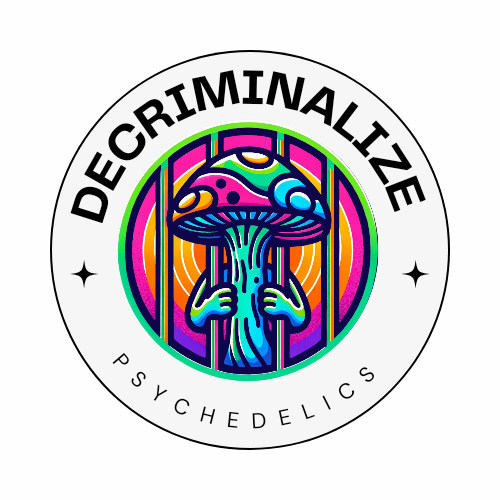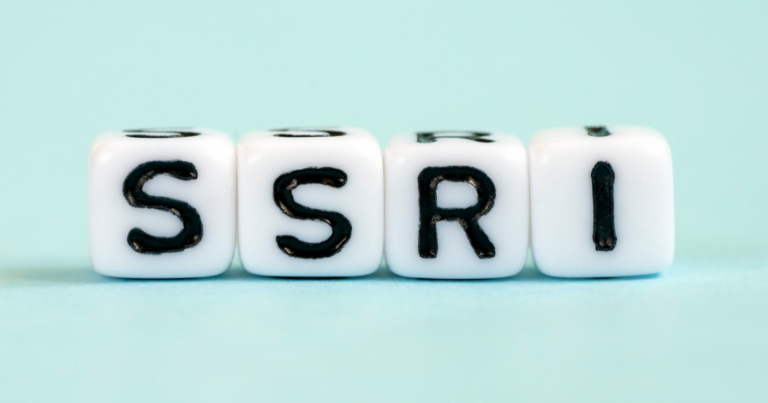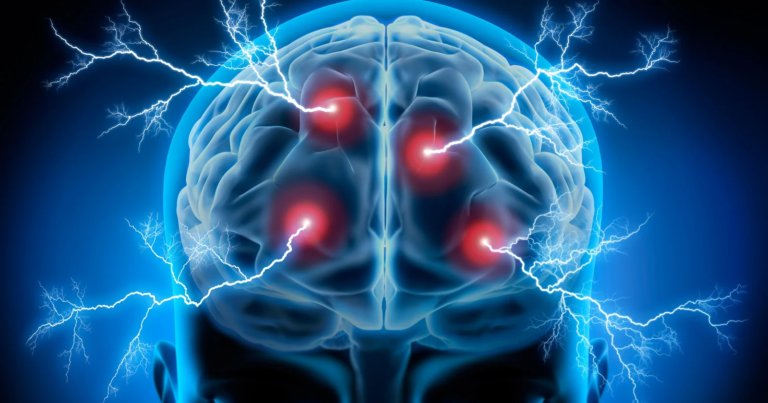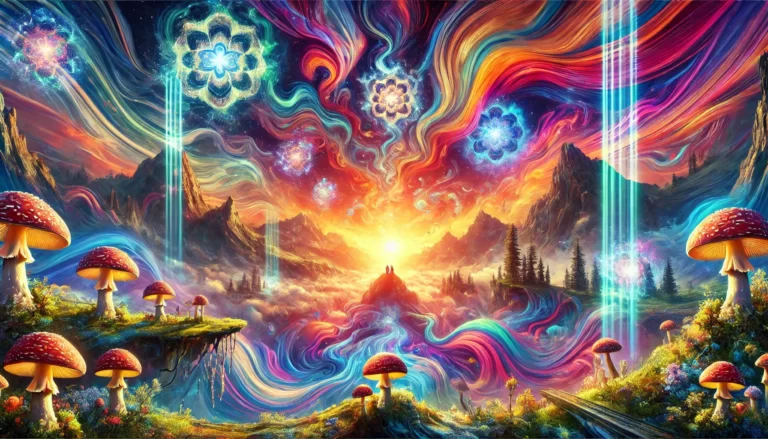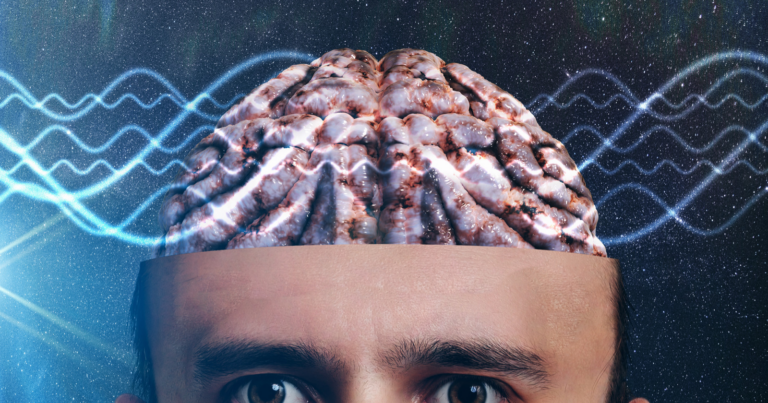Psychedelic therapy prompts contemplation on the distinctions between synthetic and natural psychedelics.
Both avenues offer profound therapeutic potential, rooted in diverse origins, chemically and culturally — but which is better?
Understanding the Origins
Origins serve as the foundation of psychedelic experiences. Synthetic psychedelics like LSD and MDMA are products of laboratory synthesis, meticulously engineered to replicate and enhance naturally occurring compounds.
Natural psychedelics such as psilocybin mushrooms and Ayahuasca emerge from the earth’s intricate ecosystems, shaped by millennia of biological evolution and cultural reverence.
These distinct origins underpin the unique qualities and therapeutic potentials of each psychedelic.
Chemical Composition and Effects
Synthetic psychedelics are renowned for their precise dosing and consistent effects, owing to standardized production processes.
LSD, for instance, induces profound alterations in perception and consciousness, often accompanied by intense visual hallucinations and introspective insights. MDMA’s empathogenic properties facilitate deep emotional exploration and interpersonal connection, making it a potent tool for therapeutic healing.
On the other hand, natural psychedelics exhibit variability in potency and composition, influenced by factors such as species, growing conditions, and preparation methods.
Psilocybin mushrooms offer a more organic and unpredictable journey, characterized by a blend of euphoria, introspection, and visual distortions. Ayahuasca, a brew containing DMT-rich plants, induces intense visionary experiences and spiritual insights, often accompanied by purging and emotional release.
Cultural Context and Ritual
Natural psychedelics are deeply entrenched in indigenous cultures and traditional healing practices, serving as sacred tools for spiritual exploration and communal healing.
Ayahuasca ceremonies, guided by experienced shamans, provide a structured framework for navigating the psychedelic experience, fostering introspection, healing, and spiritual growth. Indigenous use of psilocybin mushrooms is also steeped in ritual and reverence, honoring the symbiotic relationship between humans and the natural world.
Meanwhile, synthetic psychedelics emerged from Western scientific inquiry and countercultural movements, divorced from traditional ceremonial contexts.
Contemporary efforts to integrate psychedelics into therapeutic settings aim to bridge this cultural gap, blending ancient wisdom with modern science to maximize therapeutic efficacy and cultural sensitivity.
Legality and Accessibility
The legal status of psychedelics varies globally, significantly impacting their accessibility for therapeutic use.
Synthetic psychedelics like LSD and MDMA are predominantly classified as Schedule I substances in many countries, severely restricting their availability outside of research settings.
In contrast, natural psychedelics face a more nuanced legal landscape. Psilocybin mushrooms, for instance, are decriminalized in some jurisdictions and increasingly studied for their therapeutic potential.
Ayahuasca, while illegal in many places, exists in a legal gray area, with religious exemptions and growing interest from the medical community.
As psychedelic therapy gains mainstream acceptance, efforts to reform drug policies and expand access to psychedelic-assisted treatments are underway, aiming to address mental health crises and promote individual well-being.
Integration and Long-Term Impact
Regardless of their origin, psychedelic experiences have the potential to catalyze profound personal growth and healing. Integration is crucial for maximizing therapeutic benefits and minimizing potential risks.
Synthetic psychedelic therapy often involves structured sessions with trained therapists, followed by integration support to process and integrate insights into daily life.
Natural psychedelic experiences, whether in ceremonial or therapeutic contexts, benefit from intentional integration practices such as journaling, meditation, and community support.
Long-term impact studies are still evolving, but emerging research suggests that both synthetic and natural psychedelics hold promise for addressing a range of mental health conditions, from depression and anxiety to PTSD and addiction.
Ethical Considerations and Ecological Impact
Beyond their therapeutic potential, the use of psychedelics raises important ethical and ecological considerations. Synthetic psychedelics, while offering controlled environments for therapeutic exploration, also contribute to environmental degradation through chemical production processes and waste. Natural psychedelics, when harvested unsustainably, can deplete ecosystems and endanger plant species.
As psychedelic therapy gains mainstream acceptance, it’s essential to approach these substances with mindfulness and respect for the ecological and cultural contexts from which they emerge.
Sustainable cultivation practices, Indigenous knowledge exchange, and equitable access to psychedelic-assisted therapy are crucial steps toward fostering a more ethical and ecologically conscious psychedelic landscape.
Concluding thoughts
The choice between synthetic and natural explorations is deeply personal and multifaceted, shaped by individual preferences, cultural backgrounds, and therapeutic goals.
While synthetic psychedelics offer precision and consistency, natural psychedelics invite us to reconnect with ancient wisdom, ecological consciousness, and indigenous healing traditions.
Both pathways hold potential for profound healing and transformation, inviting us to explore the depths of our psyche and the mysteries of existence with reverence, curiosity and respect for the profound power of these sacred medicines. As we navigate these landscapes, may we do so mindfully, acknowledging the interconnectedness of all beings and the inherent wisdom of nature’s intelligence.
